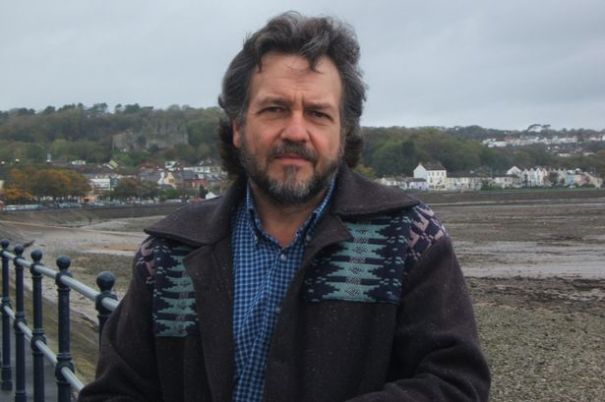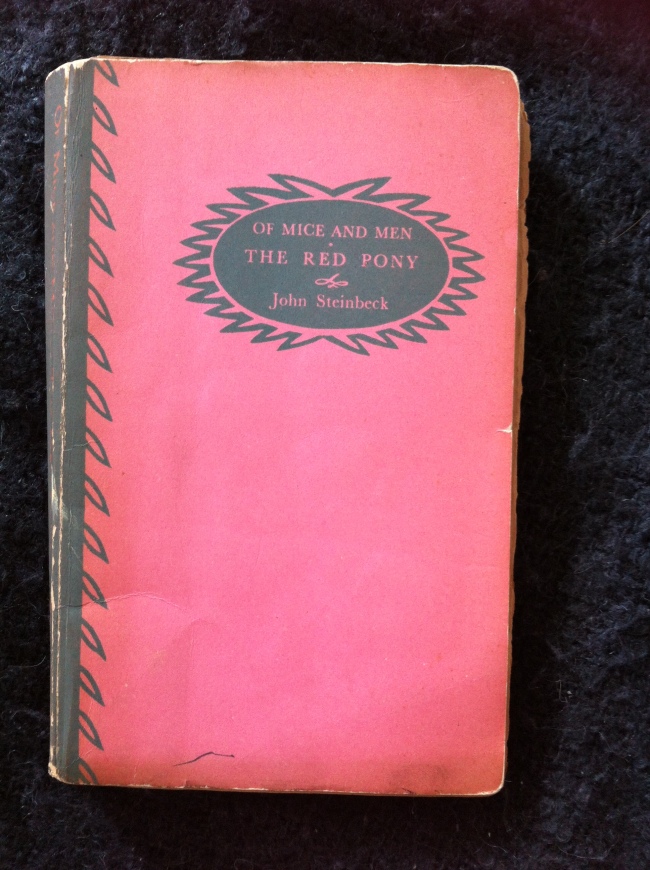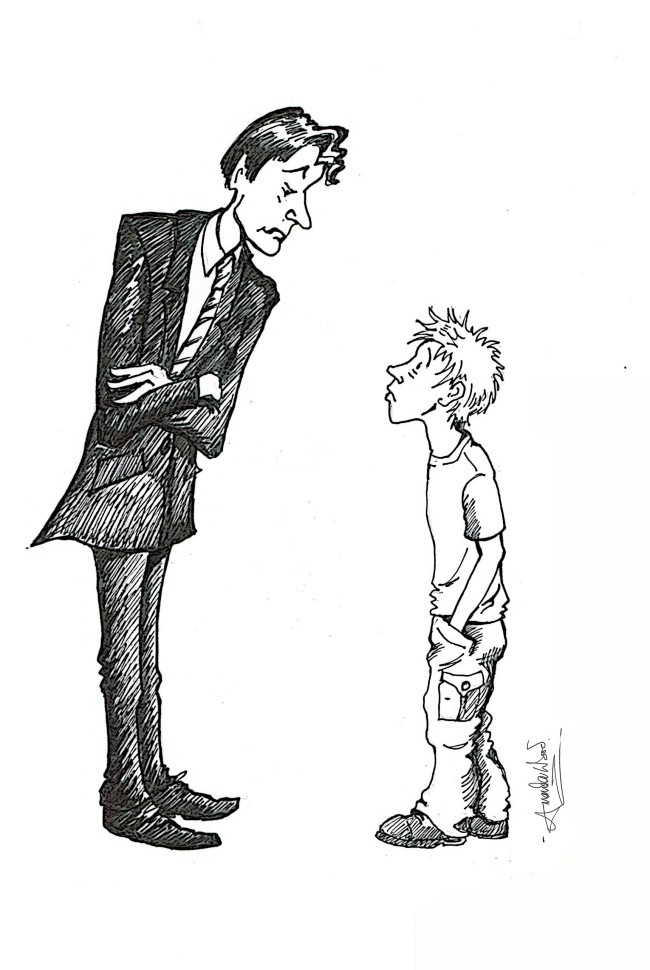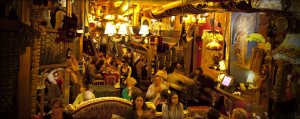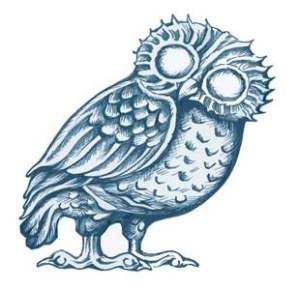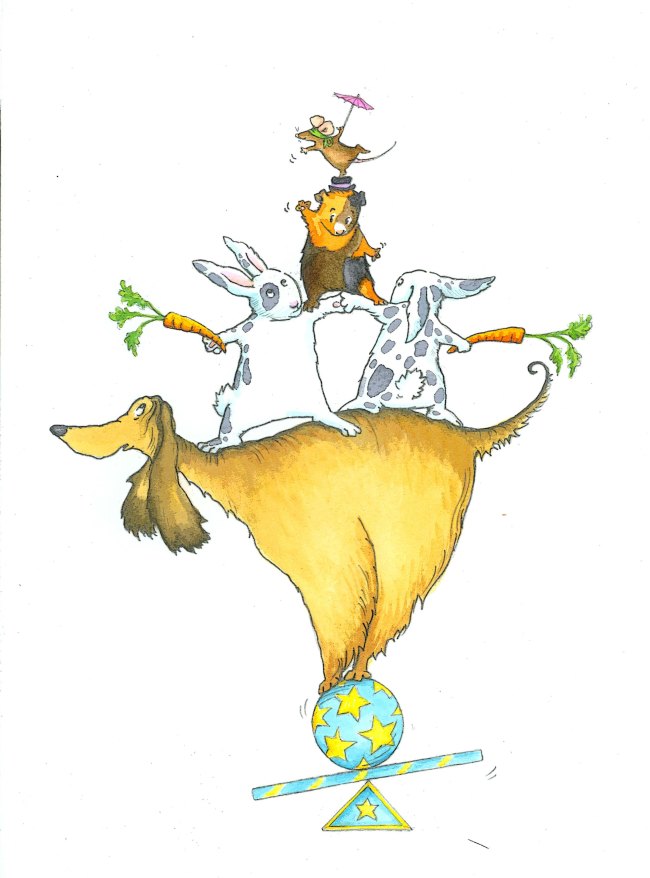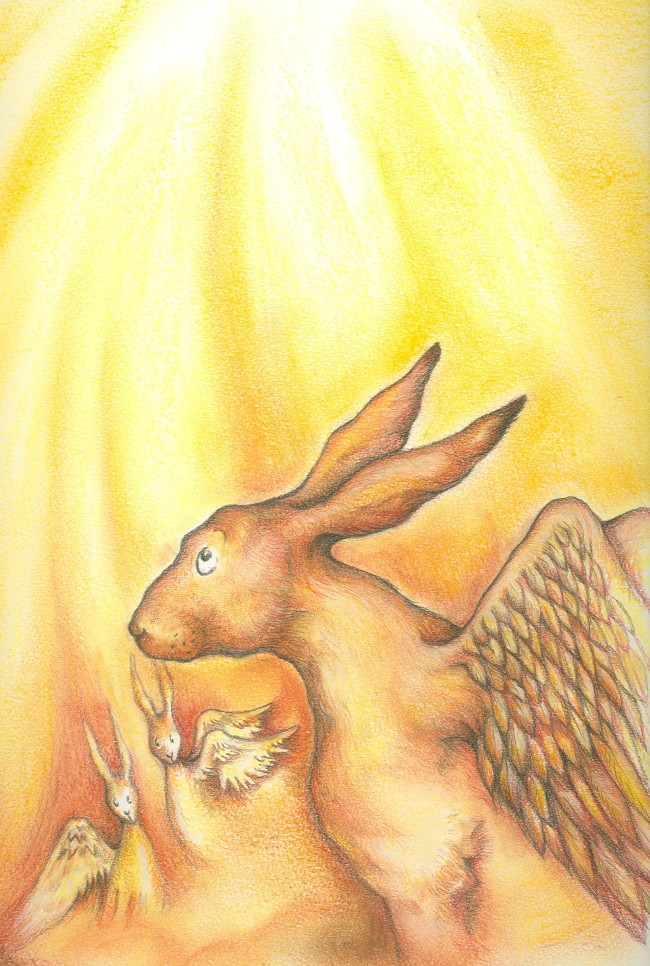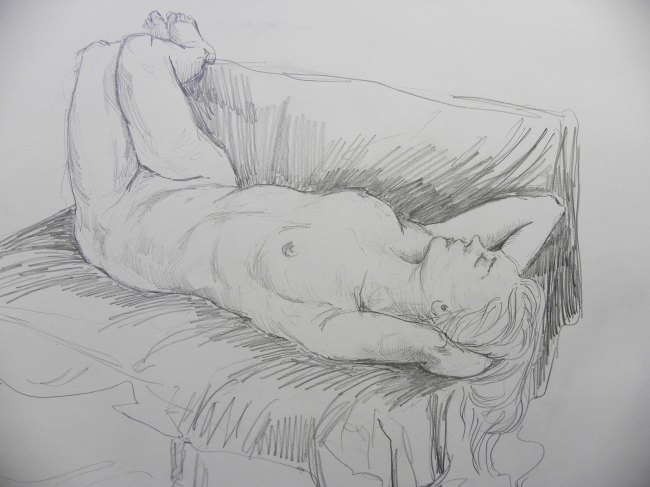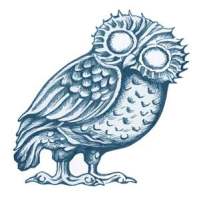Today, someone very dear to me passed away.
Nigel Jenkins was a highly respected and brilliant poet, writer, editor and broadcaster. He was a lecturer on the creative writing course I studied at Swansea University and also my personal tutor for three years. Throughout this time, he was always around if I needed to come by and talk.
It could be anything – from writer’s block to a problem at home – he would sit in his chair and listen patiently until I’d finished venting, ready to provide advice and thoughts. He had the most wonderful voice: deep, gruff, and very Welsh.
A favourite with students, he agreed to make an appearance at a Christmas dinner/dance I helped to organise with societies at Swansea University, although he warned: “You are as likely to catch me dancing, Roisin, as to see a flotilla of pink elephants flying across the moon above Mumbles Head”.
As part of my application for my Masters degree I had to do an interview with someone interesting in my local area, and I immediately thought of him. Sitting in a squashy armchair tucked next to a shelf crammed with books of all sorts, with him at his desk, we talked about his life, or as much as we could fit into a twenty minute interview. I remember how his voice would rise and fall, lingering over certain words for effect. He was an outstanding story-teller.
At my graduation in July last year, he read a poem he’d written for the occasion, which put more than a few tears in the eyes of students, their parents, and lecturers alike, myself included.
The last time I saw him was in September, when I came to Swansea for a visit before my MA began. He was very much his usual self; jealous of mine and my friend Natalie’s visit to Laugharne to see where Dylan Thomas used to hang out. When I wrote to him to say we’d be coming by his office to say hello, I mentioned that I’d had a whiskey in Dylan’s honour.
Nigel wrote back: “Getting pissed in Laugharne – my idea of heaven, or used to be”.
We bought him a bottle of Penderyn so he didn’t feel too left out, which he was delighted by.
His guidance in the few short but wonderful years that I knew him is probably why I felt confident enough to pursue projects that I otherwise would have given up on. I owe him more than I can put into words.
Below is the interview I did with Nigel last year. I’ve transcribed it all, because everything he told me was important. I’ll miss him deeply, and know that everyone who knew him will feel the same.
So cheers Nigel. The glass of whiskey I raise tonight will be for you.
Nigel Jenkins: 1949 – 2014
Nigel Jenkins was born on a farm in Gower in 1949 (“an awful long time ago”).
“I had an idyllic childhood, but all went to pot when my parents sent me away to a boarding school in Cheltenham when I was nine,” he said. “I was there for the rest of my school years, which was a useful experience in totalitarianism.
“I think poetry took off when I was about 16. I fell in love with an older woman, who was 21, and got swept away by that and the poetry of Dylan Thomas, which I found in the school library.
“I remember my grandmother and her sisters talking about him and his sister. They were friendly with her, but they didn’t like him. They used to gossip about him over cups of tea on Sunday afternoons, and I saw his book in the school library and thought ‘I remember this guy’s name – he sounded interesting’. And I didn’t understand most of it… I still don’t understand most of it. But I was swept away by the exuberance of the language in his poetry.
“Swept away by that… and rock music at the time, the 1960s. It was the Rolling Stones who introduced me to the blues, and then I discovered the black originators of the blues – groups like the Pretty Things, who played in Swansea last night and are now forgotten. I liked the Kinks very much. What I liked very much about the Kinks was that they were not trying to be Americans. They were Londoners.”
[Here we were interrupted briefly by a phone call (“I’ll have to switch this bloody thing off”), after which I chased after his story about the older woman he’d fallen in love with.]
“I thought you might come after that,” he said with a chuckle. “She gave me the blues! She lived across the fields from our farm so I could drive across to see her – those were the days when we didn’t worry about having a driving licence.
“The usual thing happened. When you are that crazy about somebody… there are not many poems about being happily in love or in lust, because you’re too busy doing it, and enjoying it. But then when it collapses, then come the great poems. So when she went off, wisely I think, with an older man, I wrote a great long howl of despair, which was terrible, and published in the school magazine.”
I asked him what happened after that.
“I found other women,” he told me. “I moved on, and I have occasionally written poems about women. Usually when they leave me.
“I really can’t say that I have any particular subject that I write about. I’m known I suppose for my political poems, some of which have caused a bit of a stir. There was one in 1997 which appeared on the front page of the Guardian which was to do with the death of a man called George Thomas, who was a Speaker of the House of Commons. He divided Welsh opinion; some people loved him, some people loathed him. I fell into the latter category. But when he died, every page of the Western Mail had a black borderline like old-fashioned Victorian newspapers and I thought: ‘this is over the top! Somebody better say something about his negative side.’
“So I wrote this short poem which was extremely nasty… maybe not even a poem. But it struck a chord and it ended up on the front page of the Guardian.
“It was an outrageous thing to do, dance on somebody’s grave. It’s just not polite behaviour.”
“Do you regret doing it?” I asked.
“No,” he replied.
We moved on to his education.
“I went to Essex University as a journalist, and I was there for three or four years then I left to do some rough travelling: grape-picking, waiting tables, and hanging around in bars,” he said. “Then I came back to Britain and got a place at Essex University, and after I finished that I went to work on a circus in America, as what they call ‘roustabout and butcher’.
“It’s a very banal job: a roustabout is a person who puts up the tent and takes it down, and butcher is the person who flogs junk food during the show. You see the sellers of ice cream in British circuses – they stand there very politely and wait for you to go and get your ice cream – not in America. You got your tray of popcorn and snowcones and you thrust them into the faces of people, screaming and shouting ‘snowcones popcorn, get your snowcones!’. And you couldn’t avoid selling a lot. 1976 was a particularly hot summer and the policy was ‘sell nothing but dry stuff in the first half: popcorn especially’. That makes them as thirsty as holy Hell. So by the time you appear after the break they’d pay anything for these cones of flavoured ice.
“We would travel every day in the North Eastern states. Everybody was driven to the absolute limit. If you got a break you’d just crawl under a truck for some sleep in the shade or try and find somewhere to have a beer.
“On one occasion – they had a slant wire which is very difficult for an acrobat to climb – and it broke. And it went ‘woosh, woosh, WOOSH’ over the heads of the audience, and if it’d been any lower there would have been decapitations.”
“The circus conjurer was not much liked because he was also the circus bursar, in charge of handing out our meagre wages, so revenge was got against him by one of the clowns. He [the conjurer] was a dapper little fellow in his tuxedo and top hat, and at a certain point he would tap a box and out would flutter some white doves. So one time he tapped his box and out flopped… a rubber chicken.”
[We laughed at this story, before Nigel began to describe the end of his time at the circus]
“You slept in a windowless truck with four sets of three bunks and your clothes in a mass on the floor, mosquitoes and flies everywhere and also… a python,” he said, deepening his voice like he was narrating a horror flick.
“I heard this shuffling about at night and I couldn’t work out what was going on. And my colleague told me after a few days that it was his job to sleep with the python! The snake would be in a sack beside him and it had to be kept warm. But I don’t like snakes, so I left soon after that. My friend arrived from Essex University and said ‘do you realise they sell Guinness in Boston?’ so I said ‘take me there!’.
Returning to England in the late 70s, Nigel flunked his PHD in literature.
“I didn’t see why I was doing it, what use it was,” he said. “It would have been quite useful now, because sometimes it’s suggested I should have a Doctorate to have this job… I don’t even have an MA. But I don’t want to bother with all that – it’s all form-filling really.
“I taught in Trinity College in Camarthen from 1979 onwards as a part time job, teaching undergrads initially and then the MA in Creative Writing started there, which I did for a few years. And then I was offered the editorship of the Encyclopedia of Wales, so I said to Wynn Thomas at Swansea ‘can you get me a room at the university?’ because I wanted to get away from home and work somewhere else. Then round about 2003 the university decided to start the creative writing MA programme. It took me about ten years to put the encyclopedia together but as work wound down I had to think of ways of supporting a family, and this job opened up, which is why I’m here.”
“So you’re technically not qualified to teach?” I asked him.
“Apart from being a poet. That’s all you need though, I don’t need a bloody teaching certificate.
“I love the teaching. I really enjoy teaching poetry, especially with students who want to be taught poetry. What I don’t enjoy is the whole managerial culture which is everywhere in Britain, it’s getting worse and worse. It’s the kind of thing that can put you off your job. The need to attend meetings, to fill in forms… it takes you away from what you are really paid for. Initially I started to think that I’m not getting enough time for my own writing. Then after a year or two I started to think I’m not getting nearly enough time as I’d like for my teaching.”
For my last question, I asked Nigel what made Swansea such an attraction for creative types.
“I think in Dylan Thomas’ time it was partly to do with them kind of chafing against bourgeois expectations. The poets and artists of his generation came from very bourgeois backgrounds. Their sort of background was like the grit that cultivates the pearl.
“Another thing is Swansea’s ‘borderness’. There’s a sense of frontiers here – you’ve got the sea and the land, you’ve got the hills. You’ve got limestone meeting the coal measures and the sandstone… the deep geological level. And you’ve got this port atmosphere that until the 60s was very busy.
“So you get energy, you get different people coming together, and there lies the creative conflict.”
